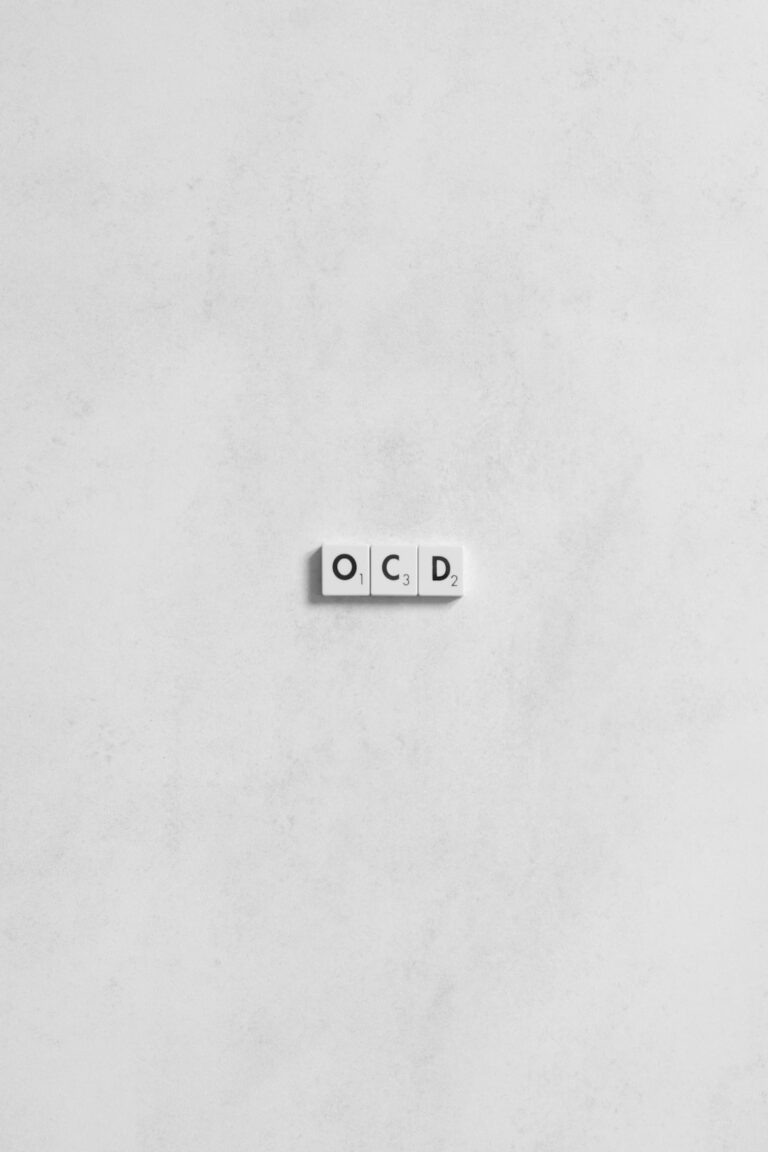
Obsessive-compulsive Disorder (OCD) refers to a mental disorder marked by obsessive thoughts and compulsive behaviors. Obsession or obsession refers to a persistent, self-conscious, distressing, and repetitive thought, impulse or image that the individual knows is absurd or false. Compulsions are, in contrast, motor or mental actions taken with certain rules to prevent obsession. This article will examine the possible causes and treatments for obsessive-compulsive disorders.
Types Of Obsessive Compulsive Disorder
Cleaning obsession and contamination obsession:
Factors can include dirt, germs and dust on the person’s body and clothes, chemical substances, detergents and poisons, as well as their behavior to alleviate the distress from these obsessions.
Doubtful obsessiveness and control compulsion
Person. Gas stove, door, lock, iron, etc. He believes that electrical appliances’ plugs may have become stuck to the socket. To be certain, he will need to double-check.
Sexual obsessions
OCD sufferers may become obsessed with sexual content from time to time. This is not a common symptom.
The following are religious obsessions
One cannot be a person. He must stop obsessively thinking about religious content. He views and believes in something completely opposite of his and causes extreme distress.
Symmetry/order obsessivenesses and compulsions
All of life is marked by the need for orderliness and symmetry.
Touch compulsions
Before they do certain things, they need to touch the item they love.
Obsessive compulsive disorder: Causes
OCD can be caused by several factors, although it isn’t certain.
Genetic causes
OCD is a common condition in the first-degree relatives of OCD patients suggests that it may be genetic.
Brain dysfunction and Serotonin
Brain studies have revealed that there are disorders in the function of serotonin. This plays a crucial role in certain parts of the brain, including neural transmission. These findings led to OCD being investigated.
Childhood traumas
After significant traumas in childhood, OCD can occur in those who are exposed to them. Stress later in life.
Personality characteristics
OCD is more common in people with prescriptive and perfectionist personality characteristics.
Diagnosis
OCD is not a laboratory diagnosis. The A specialist doctor can diagnose based on symptoms. and the patient’s general behavior. The psychiatrist conducts a psychological evaluation. This includes examining the patient’s thoughts and patterns, as well as symptoms and feelings.
Treatment Methods
Obsessive-compulsive disorder, also known as OCD, is a condition that can not be treated if it is left untreated. Therefore, it is crucial to get treatment.
Behavioral therapy
It is also called a The treatment method was designed to reduce obsessive and exaggerated thoughts that are common in patients with obsessive–compulsive disorder. (OCD). This is a program that helps people suffering from obsessive compulsive disorder (OCD), to confront their anxiety-provoking beliefs and not engage in compulsive behaviors.
Medication
OCD patients can receive medication to boost serotonin levels.